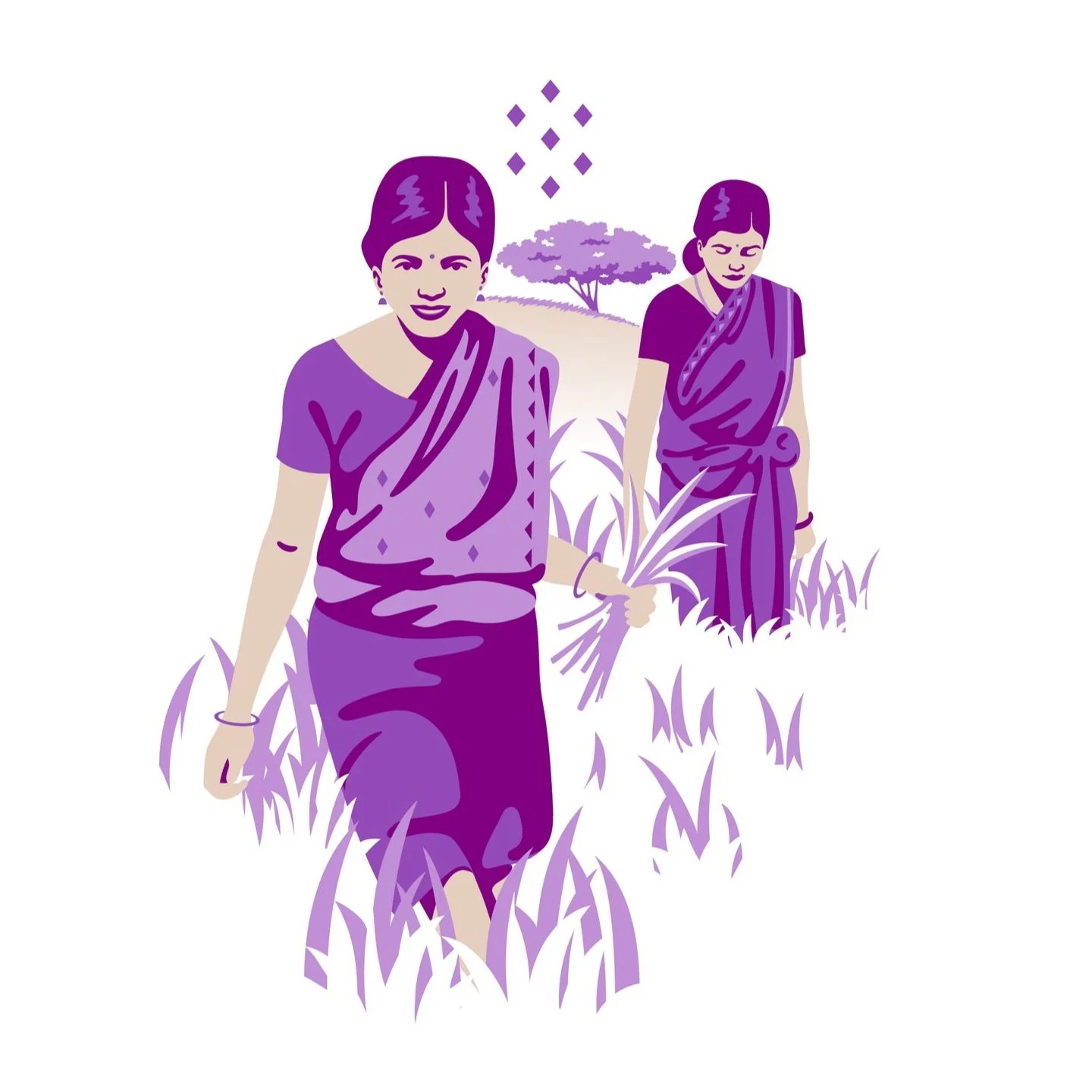Understanding the Gendered Flow of Political Information
How does the structure of women’s social and political networks shape their participation in local Indian politics?
Investigators: Soledad Prillaman and Jonathan Phillips
Partner Organization: Leiden University
Funders: Dutch Research Council (NWO)
Location: Bihar, India
Status: Data collection
Abstract
When do women participate in politics, particularly outside elections? Prior explanations do not account for important patterns observed in Indian politics – that women often turnout to vote in large numbers but are much less likely to attend community meetings or protest, and that women with the same resources in the same community can have very different rates of participation (Prillaman 2022). This project seeks to answer this question and unpack this puzzle by measuring how women’s relationships with others in their community shape their participation. A relational approach to explaining gendered participation will focus on how women are differentially embedded within the networks of power in their community, allowing participation to vary both within the same community and across different types of political activity. We theorize that the structure of men’s and women’s political networks contribute to the puzzling gender gaps in political participation. In the spring of 2024, the ID2 Lab will experimentally evaluate the diffusion of information and social pressure across genders in rural Indian communities. Leveraging census data that were previously collected from the study region, the research team will determine how the gendered composition of participants’ social and political networks shapes their propensity to participate in the public meetings.

